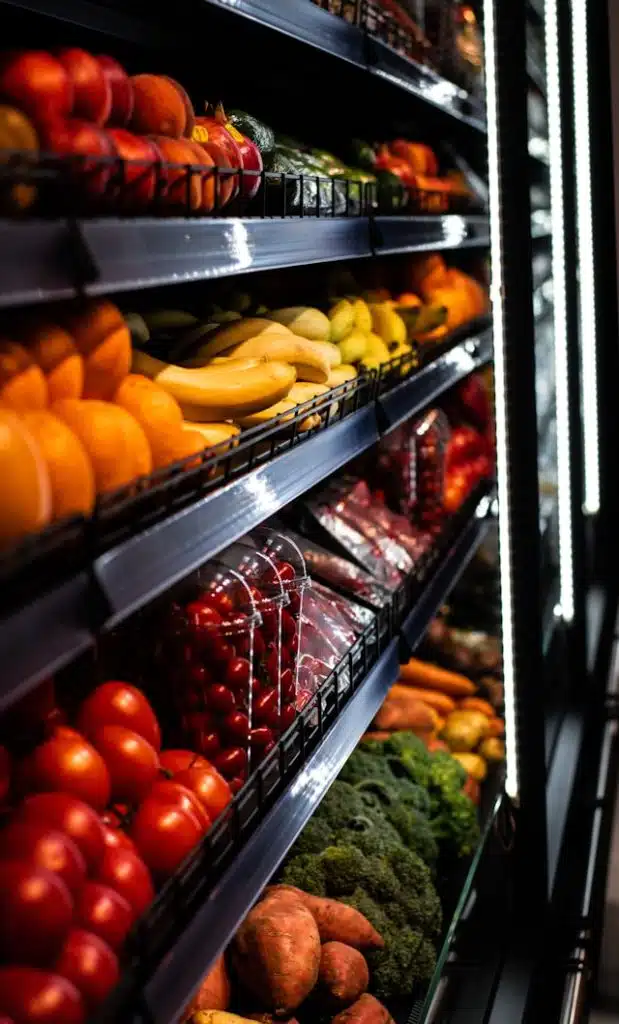The government has published its food strategy, setting out a vision for a healthier, more affordable, sustainable and resilient food system. It is ambitious in scope and designed to reconcile often competing objectives from farm to fork.
The food strategy identifies three interlocking dynamics of the UK food system:
i) a junk food cycle driven by our appetite for highly processed, energy-dense foods and the strong commercial incentives this creates to produce foods high in sugar and fat,
ii) the invisible cost to nature which fails to reward sustainable and environmentally friendly food production, and
iii) a resilience gap that means the UK is highly exposed to multiple and increasing risks, such as climate change.
The next step for ministers and officials is to develop an implementation plan, as well as metrics and indicators to measure progress towards achieving the strategy’s ten priority outcomes. This will take time and require ministers to engage with industry and business to ensure the government’s transition to a ‘good food cycle’ is achievable. It will also need to align with forthcoming strategies in Defra’s to-do list to deliver real, joined-up change across the entire food system. To name a few – the Land-Use Framework, the Food and Farming Decarbonisation Plan, the Farming Roadmap and Farming Profitability Review, and the Circular Economy Strategy.
What does the food strategy mean for agri-tech?
There is a huge opportunity for businesses in the space to engage with government off the back of the publication of the food strategy. Ministers clearly see innovation as critical to resolving system challenges in everything from public health to food security. Agri-tech businesses should take note: the government is not only signalling interest but actively investing in solutions that can deliver measurable impact.
To maximise this opportunity, businesses should look to demonstrate how they can support the government in achieving the food strategy’s core objectives – boosting productivity, enhancing resilience and delivery environmental sustainability. Collaborating with early adopters to demonstrate real-world use cases can help build a compelling evidence base that convinces policymakers of a solution’s viability and impact. Engaging with policymakers means staying ahead of regulatory change and shaping policy and market reforms to establish pathways to commercialisation.
Agri-tech may well represent the silver bullet policymakers are searching for, but unless the sector speaks up and showcases its impact, those solutions risk going unnoticed.
If you need help with demonstrating how you can become a key player in the government’s food strategy, contact GK Strategy today.



